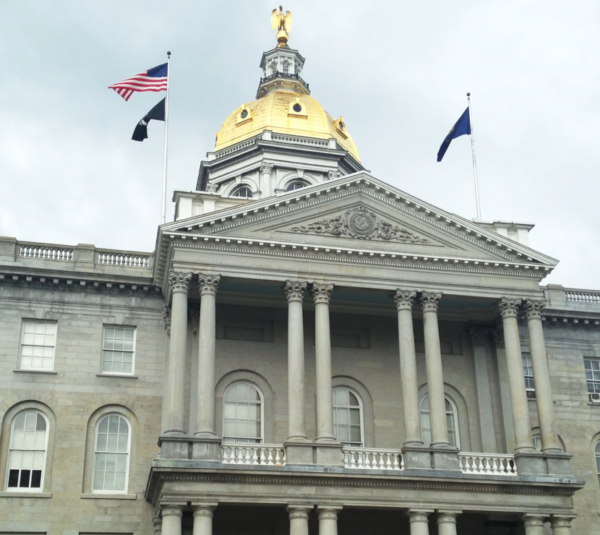Revenue & Tax

Revenue is essential to funding the priorities of the state and supporting vital public services. State and local revenue in New Hampshire stems primarily from taxes, and each resident, visitor, and employer has a vital role in generating the resources required to maintain essential systems and meet the needs of Granite Staters.
Property taxes are the primary revenue source for local governments, while the largest tax revenue sources for the State are taxes on business profits and compensation, restaurant meals and hotel room rentals, tobacco sales, real estate transactions, insurance premiums, motor fuels, and other economic activity. State revenue also comes from sales by State-operated enterprises selling liquor and lottery tickets.
NHFPI seeks to improve public understanding of New Hampshire’s revenue system, its role in financing state expenditures, and the impact it has on families and individuals at different income levels.
Featured Resources
State Revenue Surplus Holds as Fiscal Year Ends and Business Tax Receipts Underperform
New Hampshire State revenues ended State Fiscal Year (SFY) 2024 in June with receipts slightly above expectations, but below the prior year, for the month. Overall, the State’s combined General and Education Trust Funds surplus for the total of SFY 2024 held at $146.5 million, or 4.6 percent, above the State Revenue Plan on a ...
Funding Public Services in New Hampshire at the State and Local Levels
Presented by Phil Sletten, Research Director at the New Hampshire Fiscal Policy Institute, to a class administered by the New ...
State Business Tax Rate Reductions Led to Between $496 Million and $729 Million Less for Public Services
The State of New Hampshire relies on corporate taxes for a greater percentage of tax revenue than any other state. ...
Granite Staters with Lowest Incomes Have Highest Effective State and Local Tax Rate
Combined state and local taxes in New Hampshire require residents with lower incomes to pay a larger percentage of their ...
